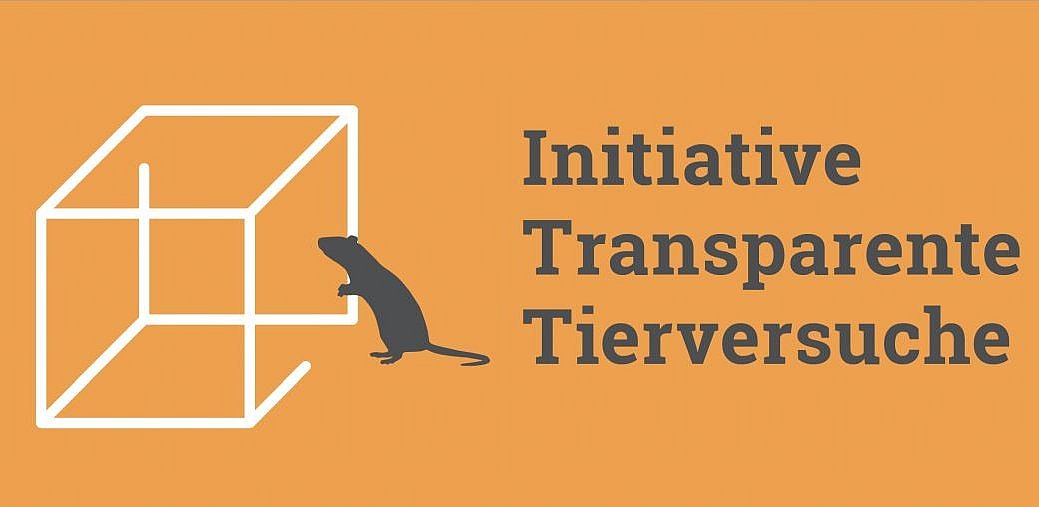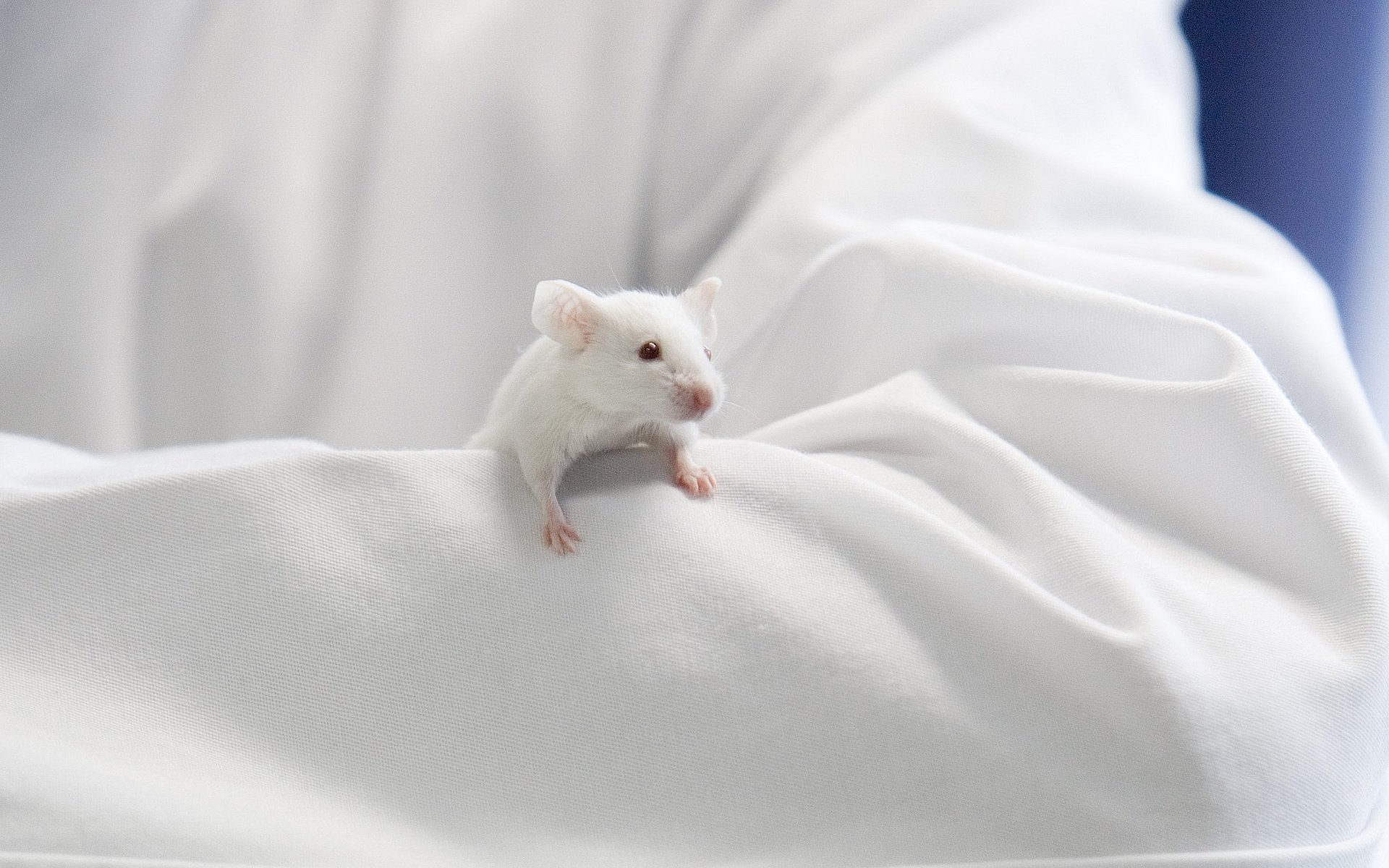Animal Research
Our university considers itself obligated to research, innovation and the development and advancement of methods that present alternatives to animal experimentation. Wherever animals are used in our research, we place particular emphasis on maintaining high ethical and quality standards.
TUM follows the 3R Principle - Replace, Reduce, Refine. This means avoiding animal experimentation where possible, reducing the number of animals used to a minimum essential level and using the most considerate methods possible. As a university, we work with the "Transparency Agreement for Animal Research" launched by the German Research Foundation (DFG) to help researchers meet their responsibilities with regard to transparent animal experimentation in research and intensify their efforts to communicate proactively and openly on this topic.
What is the "Transparency Agreement for Animal Research"?
The DFG and the “Tierversuche verstehen” platform, which is supported by an alliance of scientific organizations, launched the Germany-wide "Transparency Agreement for Animal Research" ("Initiative Transparente Tierversuche“) in 2021. By joining the initiative, research institutions with a focus on life sciences commit to provide transparent information on animal testing, actively promote an open dialogue on animal testing in research, share their experiences and disclose their activities. In March 2023, TUM signed up to the initiative and committed to implement its objectives.
TUM and the "Transparency Agreement for Animal Research"
The university community sustains TUM as a broad-minded institution playing its part in the transformation of medical, technical, social and ecological realities. It shoulders responsibility for ensuring that scientific interest is pursued through cooperation and research is openly communicated. This includes, on the one hand, a willingness from all stakeholders to adopt an interdisciplinary approach to their work. On the other hand, it entails a clear commitment to mutual respect and consideration for the environment and all life.
It is this approach that led the university to join the "Transparency Agreement for Animal Research".
Conducting research with animals places specific ethical demands on researchers and everyone involved in handling these animals. Additionally, both scientific freedom and animal protection are enshrined in the German constitution. The tenability of animal testing in research therefore deserves a high degree of societal attention as well as open discussion and communication on the topic.
How is TUM working towards these goals?
Today, animal testing remains an important and to some extent legally required part of biomedical research. At the same time, we are actively working on the development of alternative methods to further reduce the use of animal experimentation in future. We have also established the TUM Animal Welfare and Science Council (TUM AWC) and the TUM 3R+Hub to promote networking and cooperation with the shared goal of fulfilling our responsibility to transparent animal testing in research.
TUM Animal Welfare and Science Council
TUM has set itself the goal of continuously optimizing its animal research strategy in order to improve animal welfare while maintaining a consistently high standard of research. As part of this work, the TUM Executive Board established the TUM Animal Welfare and Science Council (TUM AWC) in 2022. The TUM AWC is tasked with improving the quality of organizational, ethical and animal welfare standards in research and promoting the use of alternative methods, working both for and in partnership with all organizational units.
TUM 3R+Hub - Replace, Reduce, Refine + Innovate
The TUM 3R+Hub supplements the established 3R concept (Replace, Reduce, Refine) with a fourth area – Innovate. The TUM approach therefore goes beyond the 3Rs of animal-aided research and deliberately expands the scope for animal protection in research by promoting innovation. This means encouraging the development and advancement of methods free from animal testing (e.g. researching with organoids). The TUM 3R+Hub will be set up as a platform to promote an exchange of information and transparent communication, both within the university and externally.
The TUM 3R+Hub combines the 3R (development) activities in animal-aided research with alternative methods created at TUM. This digital platform will include for example professional standards, details of best practices and solutions developed to date. This will ensure that new scientific insights are communicated within our university and beyond. It will also facilitate and expedite the transfer of knowledge and collaboration between research institutions.
The new platform will enable us to share knowledge and innovative research methods and results internally and externally, for further development by all stakeholders. The TUM 3R+Hub will therefore help to achieve highly effective, international research translation and showcase potential new alternative technologies.
The TUM 3R+Hub will link to training and development on the topic of animal testing in research at TUM. This way, researchers, students and trainees will be kept up to date with modern study designs and trained in the latest procedures, which will help to fully exploit the possibilities of excellent research and education.

